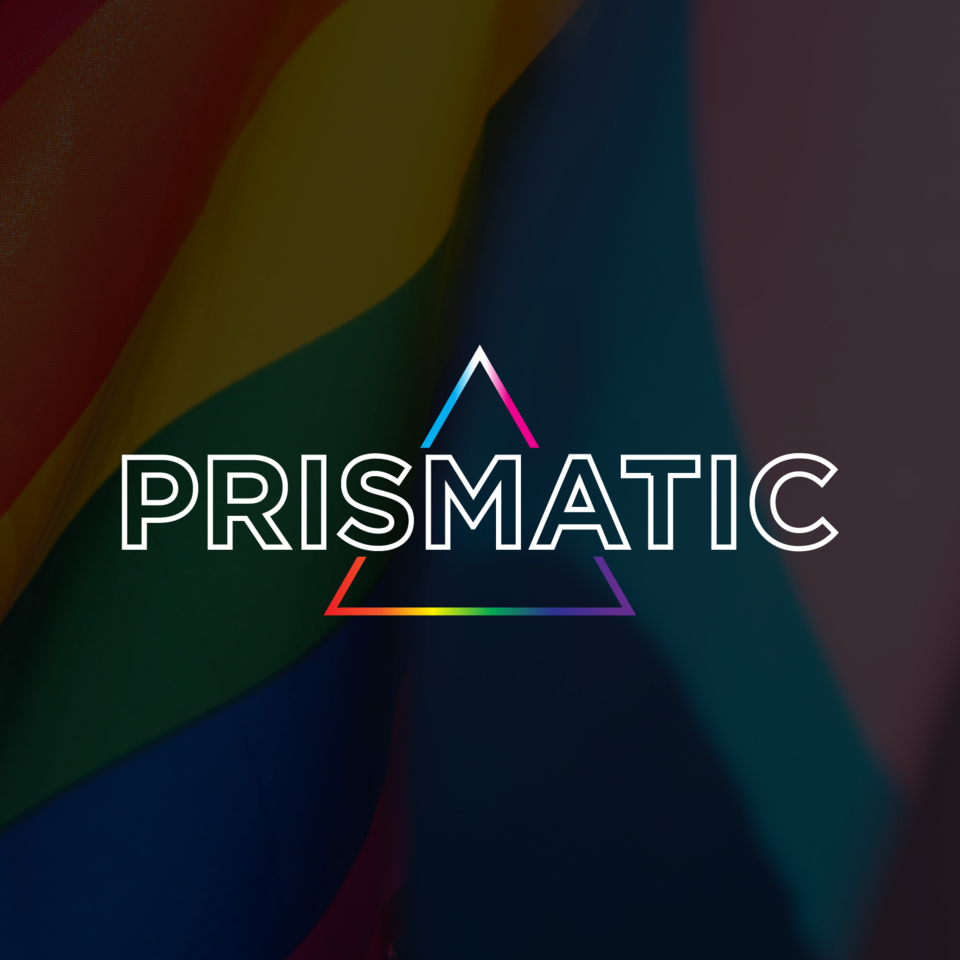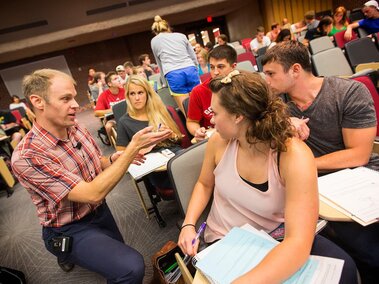
ACT UP Math
ACT UP (a $1.5 million grant from the National Science Foundation) aims to conduct foundational research to identify the mechanisms and structures that best support mathematics stakeholders in making data-informed decisions to promote DEI and critically transform introductory mathematics courses and programs. This project builds on the strength of two prior national studies of introductory mathematics programs, Progress through Calculus and Student Engagement in Mathematics through an Institutional Network for Active Learning (SEMINAL). Three undergraduate mathematics department teams will work in partnership with educational researchers to analyze their local data, in comparison to the national sample.
In partnership with: California State University East Bay, Clemson University, Colorado State University, Duke University, and Kennesaw State University
PRISMATIC
All research that involves undergraduates necessarily includes people with minoritized identities of gender and/or sexuality (including but not limited to lesbian, gay, bisexual, transgender, queer, intersex, asexual, and nonbinary [LGBTQIA+]). However, researchers in science, technology, engineering and mathematics (STEM), STEM education, and higher education fields typically have little to no training related to ethical and responsible research involving LGBTQIA+ participants. There are myriad ethical considerations in such research, from research design and confidentiality to participant recruitment, instrumentation, data collection, data storage, data analysis, and dissemination of findings.
Through the NSF’s Ethical and Responsible Research program, PRISMATIC will bring together researchers with expertise in these areas to develop materials and methods to address the awareness gap and promote ethical and responsible education standards that protect LGBTQIA+ participants. Workshops and conferences are an ideal way to engage STEM education researchers and STEM faculty in grappling with ethical and responsible research considerations when involving LGBTQIA+ undergraduates.


PROSPECT S-STEM
The University of Nebraska-Lincoln is leading a 22-institution research collaboration aimed at smoothing this transition by building strong partnerships between two- and four-year colleges. With a five-year, $3 million grant from the National Science Foundation, the team will conduct research aimed at filling a critical gap in the national understanding of what it takes to help transfer students succeed.
The researchers will form topic-based professional learning communities at each S-STEM site, uniting faculty and other professionals to discuss issues in a given area, such as student advising, financial aid or teaching specific introductory STEM courses in ways that foster students’ sense of belonging. The team also will conduct visits to approximately 25 S-STEM sites over the grant period, interviewing program leaders to identify the practices that bolster student success.
Cell Collective
Supported by a $2.2 million NSF grant in 2014 and a recent $1.9 million NSF grant, UNL faculty have developed Cell Collective, software that makes computational modeling in the life sciences accessible to any student and instructor regardless of setting or prior modeling experience. Cell Collective is used annually by over 1,500 UNL students, with the greatest use in Life 120/121. The software has the potential to transform the way biology students learn about complex living systems by enabling them to leverage computational modeling to acquire and apply scientific knowledge. The new grant will enable the dissemination of the software to institutions across the U.S. Contact Tomas Helikar for more information.


RISE: Research on Integrated STEM Self-efficacy
This Noyce Track 4 research project will explore links between teachers’ self-efficacy in teaching STEM, teacher preparation and development opportunities, teaching effectiveness, and teacher retention in high-need school districts. Under the leadership of Nebraska's Deepika Menon, the project will work with three other institutions through a $481,065 grant from the NSF. The total grant amount funded between UNL, Southern Methodist University, Indiana University and Towson University is approximately $1.3 million. Menon, assistant professor in the Department of Teaching, Learning and Teacher Education and the CSMCE, is spearheading a multidisciplinary team of researchers with an aim to improve STEM teacher preparation. The project will include participants from prior Noyce projects and current pre-service teachers at the four institutions.
WoCSEPA
Worlds of Connections SEPA
Worlds of Connections (2018–2024) was a University of Nebraska–Lincoln-led Science Education Partnership Award (SEPA) funded by the National Institutes of Health (NIH). It was the third SEPA at UNL and aimed to continue the outstanding work by Judy Diamond and her team in the World of Viruses and Biology of Human projects. Our long-term goals were to 1) enhance the diversity of the bio-behavioral and biomedical workforce by increasing interest in network science among members of underrepresented minority communities and to 2) promote public understanding of the benefits of NIH-funded research for public health.
